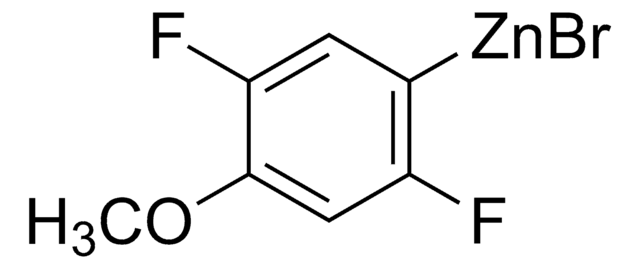About This Item
Recommended Products
biological source
synthetic
grade
FG
reg. compliance
EU Regulation 1334/2008 & 178/2002
FDA 21 CFR 117
FDA 21 CFR 172.515
assay
≥98%
optical activity
[α]20/D −41°, neat
refractive index
n20/D 1.4635 (lit.)
bp
228-231 °C (lit.)
density
0.985 g/mL at 25 °C (lit.)
application(s)
flavors and fragrances
documentation
see Safety & Documentation for available documents
food allergen
no known allergens
organoleptic
woody; sweet
SMILES string
CC(=O)O[C@@H]1C[C@@H]2CC[C@@]1(C)C2(C)C
InChI
1S/C12H20O2/c1-8(13)14-10-7-9-5-6-12(10,4)11(9,2)3/h9-10H,5-7H2,1-4H3/t9-,10+,12+/m0/s1
InChI key
KGEKLUUHTZCSIP-HOSYDEDBSA-N
Legal Information
Storage Class
10 - Combustible liquids
wgk_germany
WGK 1
flash_point_f
192.0 °F - closed cup
flash_point_c
88.89 °C - closed cup
Certificates of Analysis (COA)
Search for Certificates of Analysis (COA) by entering the products Lot/Batch Number. Lot and Batch Numbers can be found on a product’s label following the words ‘Lot’ or ‘Batch’.
Already Own This Product?
Find documentation for the products that you have recently purchased in the Document Library.
Our team of scientists has experience in all areas of research including Life Science, Material Science, Chemical Synthesis, Chromatography, Analytical and many others.
Contact Technical Service





